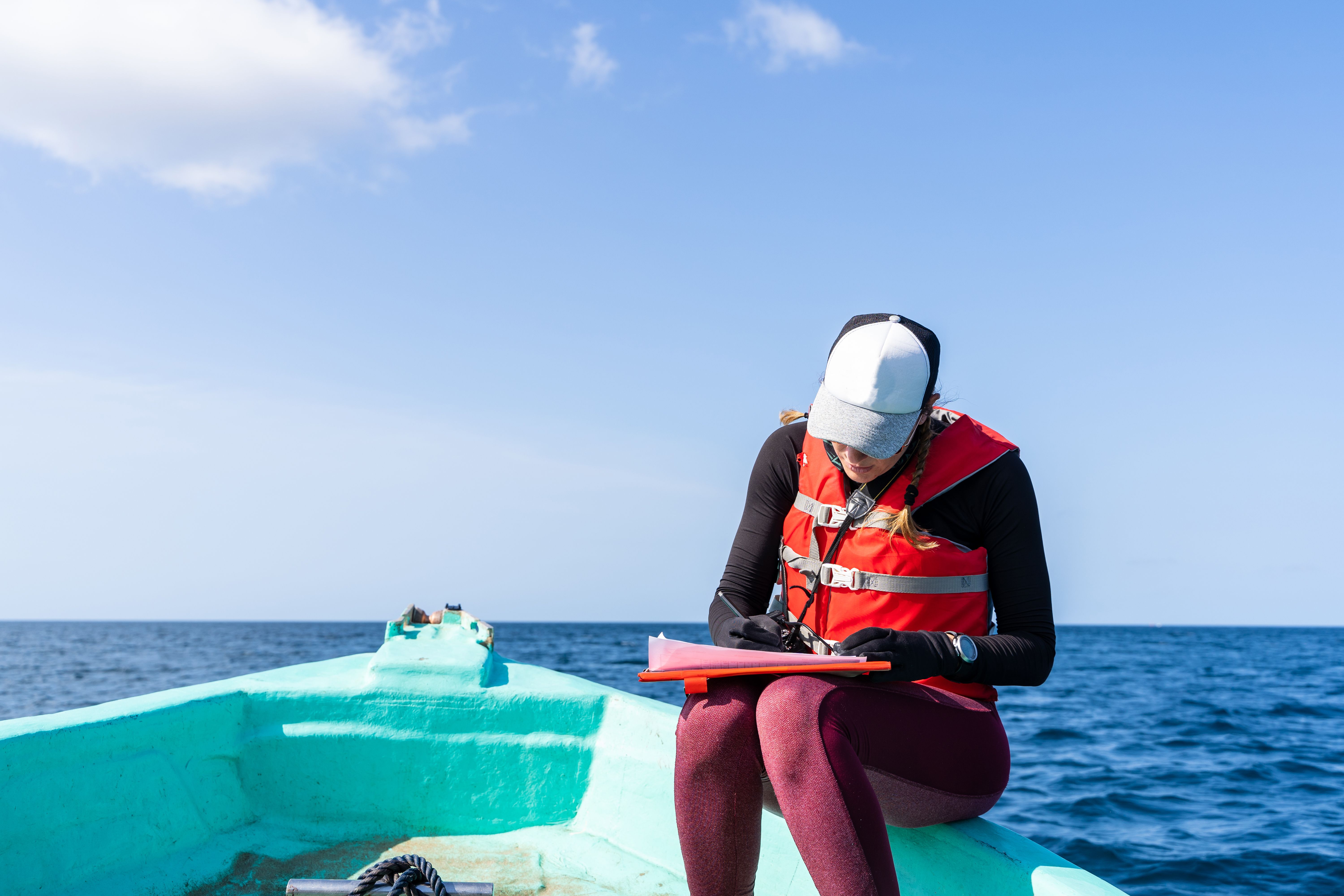Understanding Marine Surveying: An Essential Guide
LS
What is Marine Surveying?
Marine surveying is a specialized field that involves the inspection and evaluation of marine vessels and structures. It plays a crucial role in ensuring the safety, efficiency, and compliance of ships and other maritime assets. Marine surveyors are professionals tasked with assessing the condition and value of these assets, providing essential insights for stakeholders such as owners, buyers, insurers, and regulatory bodies.

The Importance of Marine Surveying
Marine surveying is vital for several reasons. Firstly, it helps ensure the safety of vessels by identifying potential issues that could lead to accidents or breakdowns. Regular surveys can prevent costly repairs and enhance the longevity of the vessel. Secondly, it aids in compliance with legal and insurance requirements, making sure the vessel meets all necessary standards. Lastly, it provides valuable information for buyers and sellers in the maritime market, helping them make informed decisions.
Types of Marine Surveys
There are different types of marine surveys tailored to specific needs and situations. Some of the most common include:
- Condition Surveys: These assess the overall condition of a vessel, identifying areas that need maintenance or repair. These often overlaps with Class, Flag, and Port State surveys (topic for another blog).
- Cargo Surveys: Assess the cargo on board to verify condition, proper lashing & loading, and ensure adequate volumes or quantity.
- Valuation Surveys: Conducted to determine the market value of a vessel, often required for insurance or sale purposes.
- P&I Surveys: Protect & Indemnity surveys focus on ensuring compliance with P&I club requirements.
- Pre-Purchase Surveys: These provide buyers with a detailed report on the vessel’s condition before completing a purchase.
The Role of a Marine Surveyor
A marine surveyor is a trained professional with expertise in various aspects of marine engineering and vessel operations. Their primary role is to conduct thorough inspections and provide detailed reports on their findings. They evaluate everything from the hull structure and engine performance to safety equipment and onboard systems. By doing so, they ensure that vessels meet industry standards and regulatory requirements.

Skills and Qualifications
Marine surveyors typically have a background in naval architecture, marine engineering, or navigation (deck) officers. They must possess strong analytical skills, attention to detail, and a deep understanding of maritime regulations. Non-class/flag surveyors can benefit from private certification from recognized bodies such as the International Institute of Marine Surveying (IIMS) or the Society of Accredited Marine Surveyors (SAMS), which can enhance their credibility and professional standing.
The Surveying Process
The marine surveying process generally involves several steps, depending on the type of survey being performed. This can start with a preliminary inspection or survey prep to gather basic information about the vessel and any previous findings/deficiencies. This is followed by a detailed survey of the component, structure, or equipment in question. A report will then be issued to the stakeholders or client about the findings of the survey.

Understanding Survey Reports
The survey report is a critical document that provides a detailed summary of the surveyor's findings. Depending on the type of survey, it may include details about any defects or deficiencies found during the inspection, as well as an assessment of compliance with relevant standards. Stakeholders use this report to make informed decisions about repairs, maintenance schedules, insurance coverage, or potential purchases.
Conclusion
Marine surveying is an essential service that ensures the safety, reliability, and economic viability of maritime operations. By understanding the importance of this field and the role of marine surveyors, stakeholders can better appreciate the value these professionals bring to the maritime industry. Whether you’re buying a vessel, insuring one, or simply ensuring it meets safety standards, marine surveying provides the insights needed to navigate these waters confidently.